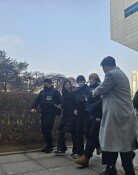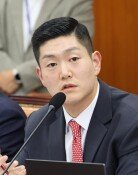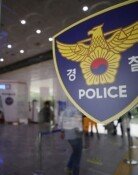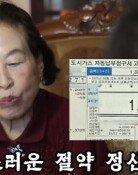386 Generations Anti-American Sentiment Due to USs Silence on the Gwangju Massacre
386 Generations Anti-American Sentiment Due to USs Silence on the Gwangju Massacre
Posted May. 12, 2005 23:29,
Hong Seok-hyun, ambassador to the United States, stated on May 11 that Koreas 386 generation is currently in the process of learning the importance of the Korea-US alliance.
This speech on the ROK-US Alliance for the Next Fifty Years, which he gave at the Center for Strategic and International Studies (CSIS) in Washington D.C., was his first public address since his appointment in February.
Ambassador Hong stated, Some 386-generation politicians have nationalistic tendencies, but they do value free democracy and social justice, which does not differentiate them from American political leaders. On Koreas anti-Americanism, he explained, [Koreas anti-American sentiment] is not like the Middle East, where they have different ideologies and values. It arises when there are specific incidents (such as the killing of the middle school girls by U.S. armored vehicles).
Ambassador Hong also interpreted the sentiment as a side effect of the United States support of the authoritarian government in the 1980s. As an example, he described how the United States supported former Korean president Jeon Doo-hwan because of the Cold War.
He said, The growing democratization movement after the death of ex-president Park Chung-hee was crushed by General Jeon Doo-hwan. 300 innocent citizens in Gwangju were killed, but the United States ignored this whole incident. He also added that after President Ronald Reagan came into office in 1981, the first foreign president that he invited was ex-president Jeon, which left Koreans with the impression that the United States supported Koreas authoritarian regime.
During the Q&A session that followed, he was asked, During the first North Korean nuclear threat in 1994, the United States made plans to bomb Yongbyon without consulting the Korean government. Isnt there a possibility this may happen again? Ambassador Hong replied, It is inconceivable that the United States would make such an important decision without discussing it with the Korean government first.
Seung-Ryun Kim srkim@donga.com







